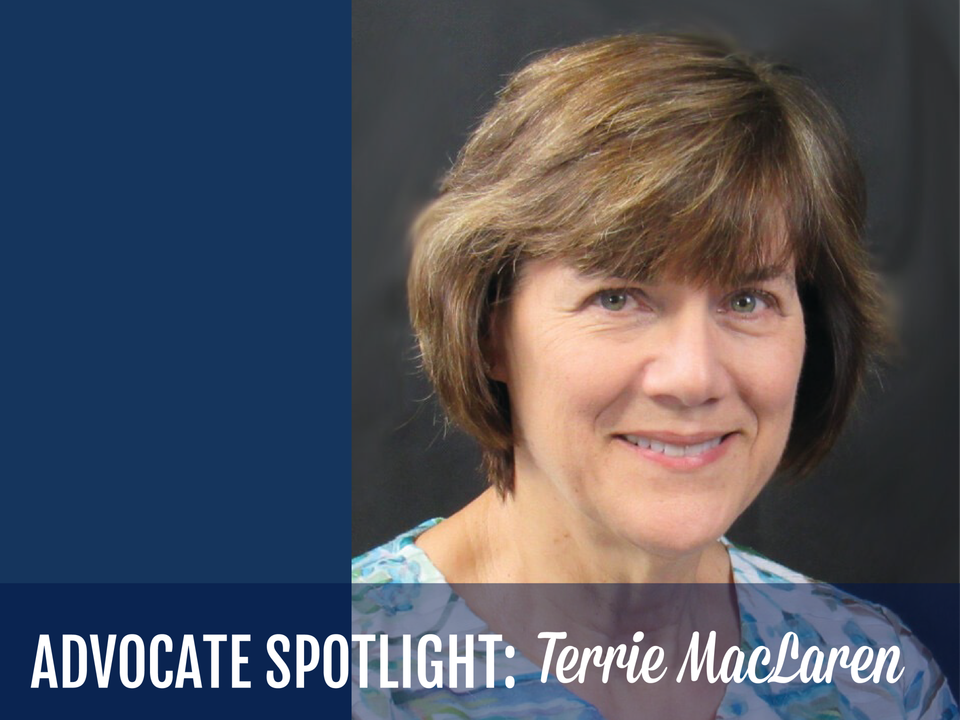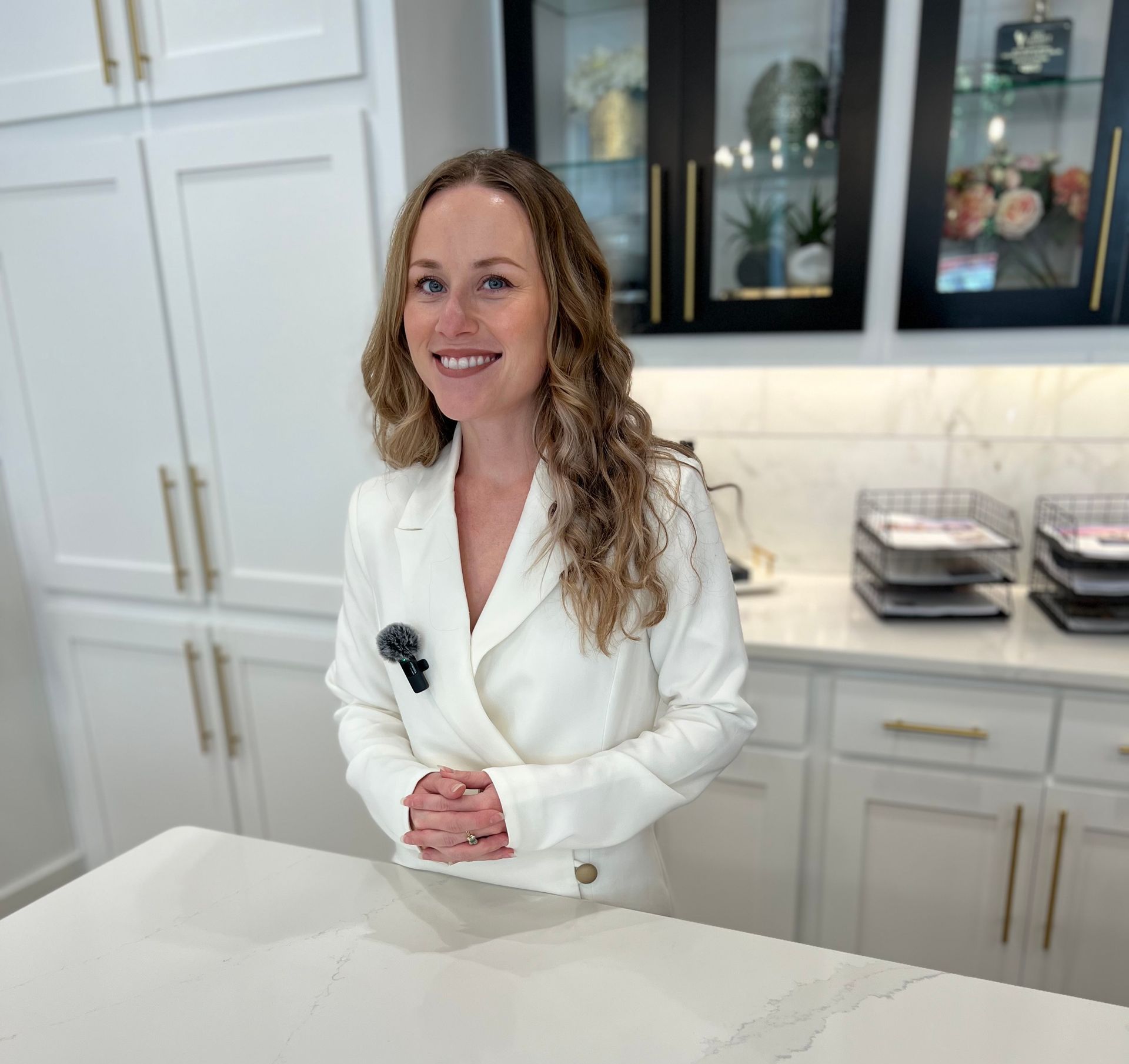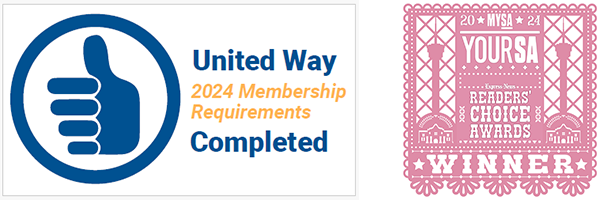Advocate Spotlight: Terrie MacLaren
December Advocate Interview

1. How long have you been an Advocate and when did you realize you wanted to become one?
I had heard about CASA when I lived in other states and always felt called to do it, but never really explored what it might entail. This year I started volunteering at the Vault, an organization that gives clothing and supplies to new foster parents. Seeing the children who had just been placed into care pulled at my heartstrings, and again, I thought of being a CASA. One day, I worked with a volunteer who had been a CPS caseworker and she convinced me to make the leap. I went through training in June of 2019 and got my first case in August.
2. What is the most rewarding aspect of being an Advocate?
I should probably say the most rewarding aspect of being an advocate is feeling that I am making a positive impact on children's lives no matter how small it is. And that's true. That's the big picture. But honestly, it's the human connection with these little people who have had adults in their lives who have let them down. Now they can count on their team, of which you are one, to gradually begin to repair the physical and emotional holes in their lives. You help them feel safe, cared for, and important. Their little hugs around your neck and high fives when they see you are priceless. Taking them on an outing to the library that might bore some other child, but they act like you've taken them to Disney World. Getting a picture of a Christmas tree instead of some of the other terrifying scenes they have drawn for you with their name next to yours on the bottom when they didn't even know the alphabet six months ago. Watching them gradually heal and becoming a tribe with them and the others dedicated to saving them. I try to imagine my CASA kids twenty years from now and I envision them flourishing because of what we have done for them today.
3. If you could offer words of encouragement to your fellow and incoming Advocates, what would they be?
I think most of us go into this knowing there will be good days and bad days, but I would encourage new CASAs that the good far outweighs the bad. I wasn't sure that would be the case at first. When I got my case, I listed all the issues for each child along with the steps I thought might solve the problem and how I was going to proceed. That was my former military and healthcare training kicking in. I was in for a rude awakening when I realized that there were so many moving parts (I have four children in my case) and a variety of other professionals who also had opinions and were not interested in me waving my magic wand to solve issues! I'm learning the art of gentle diplomacy, rejoicing in tiny victories when they occur, and accepting it when what I would like to happen doesn't. I would encourage new CASAs to celebrate any baby steps you are able to influence. Keep good notes because those court reports sneak up on you. Find a way to stay organized (I am still working on this!). And log your information in Optima as soon as possible. My husband knows nothing about my case, but he does know the term Optima!








